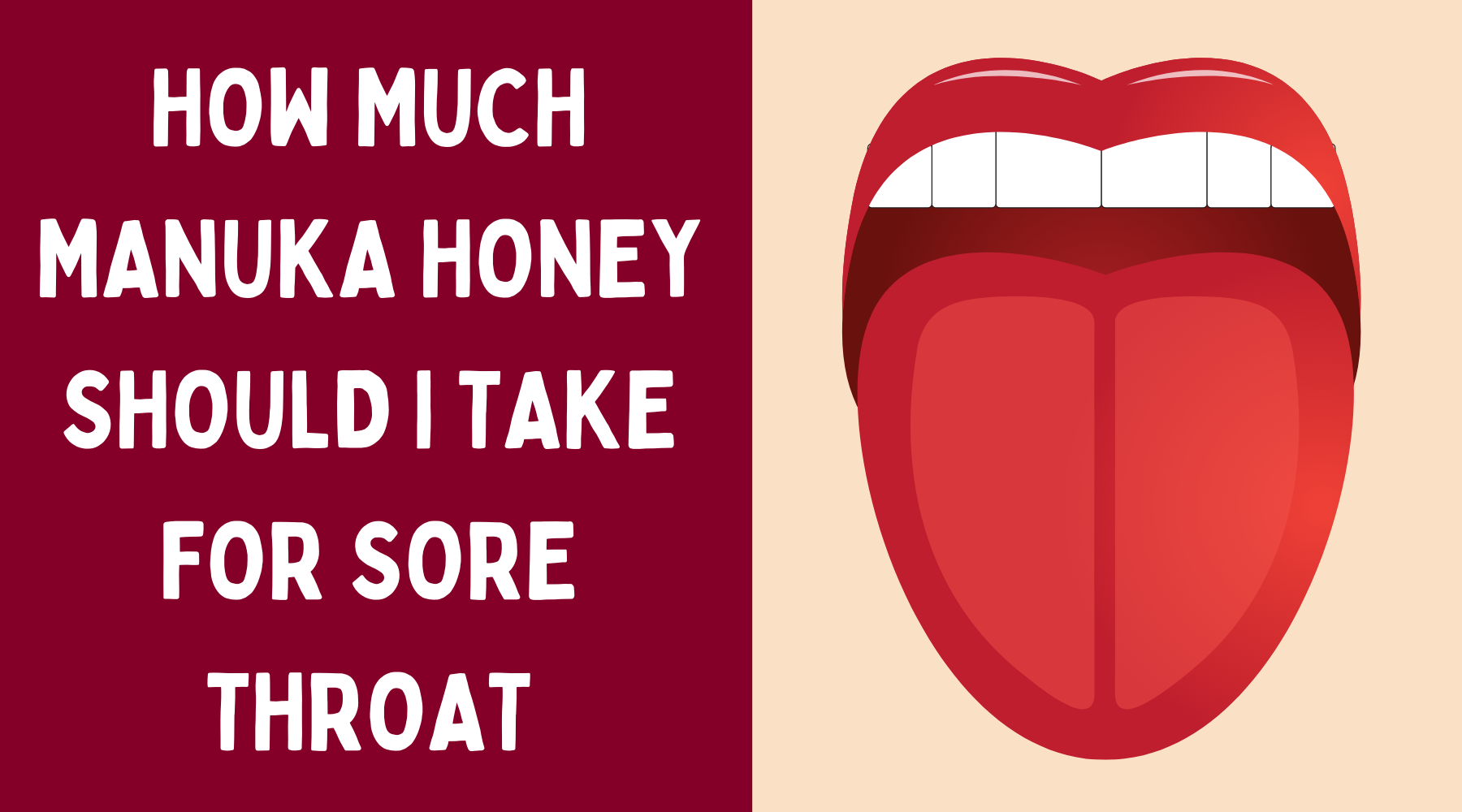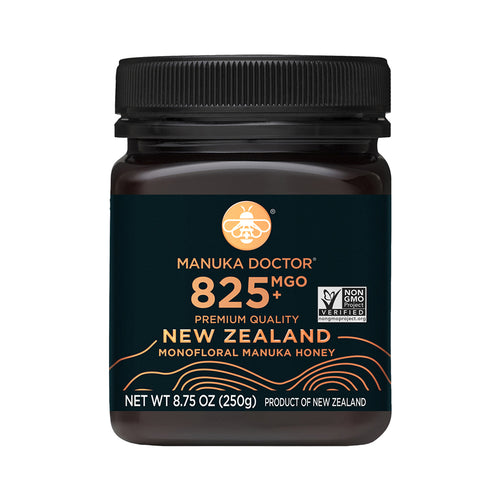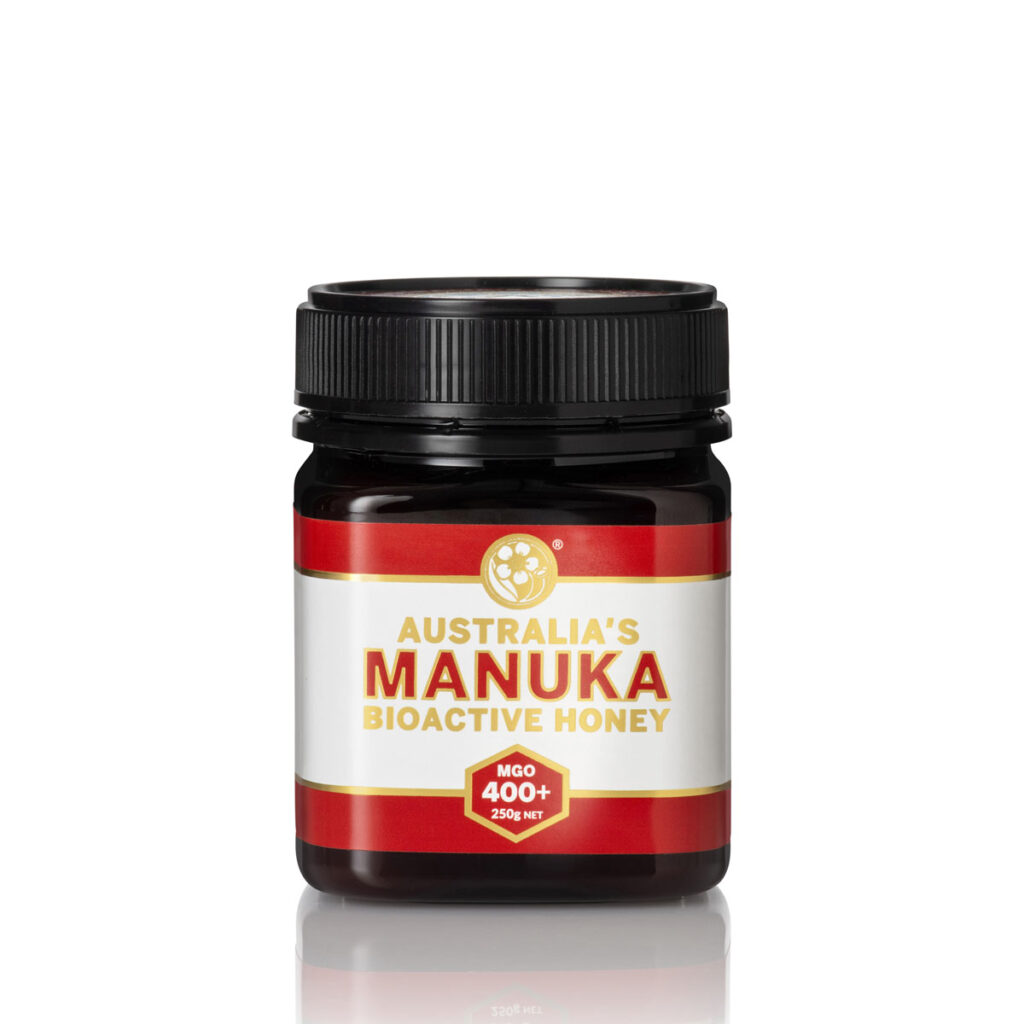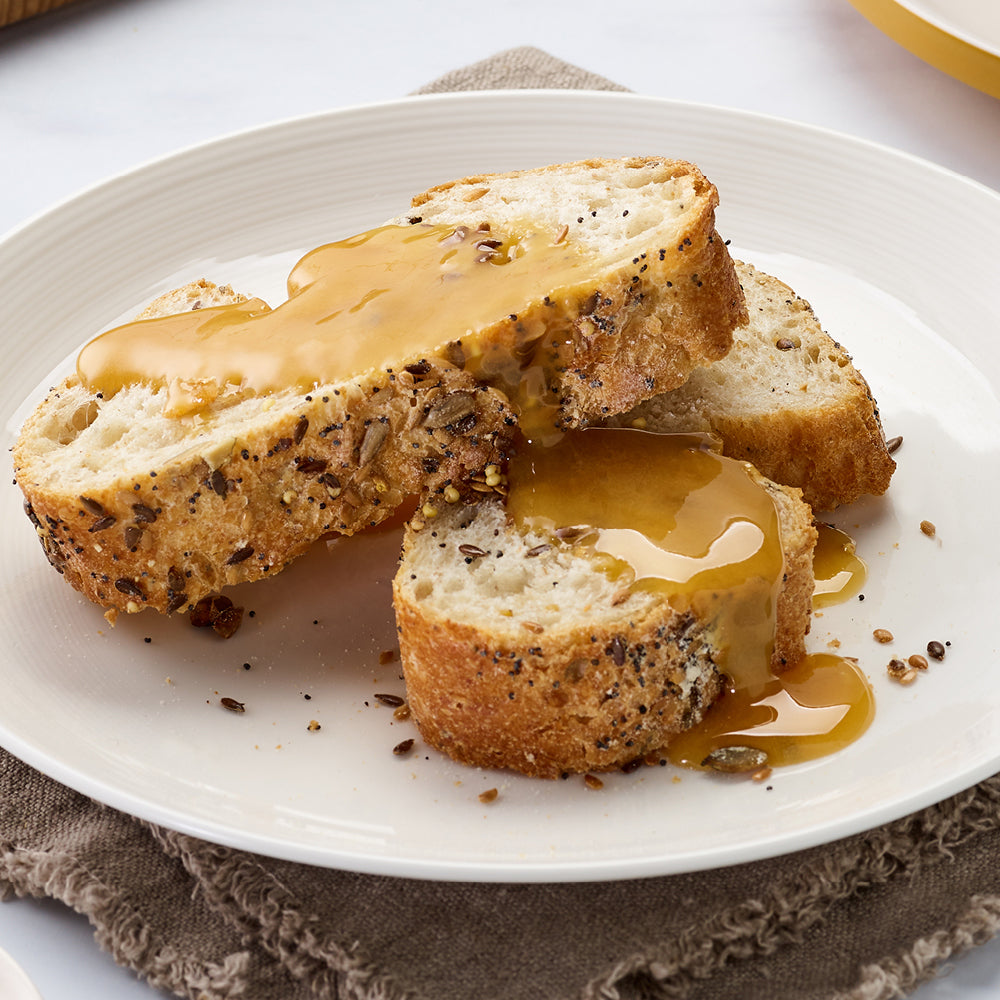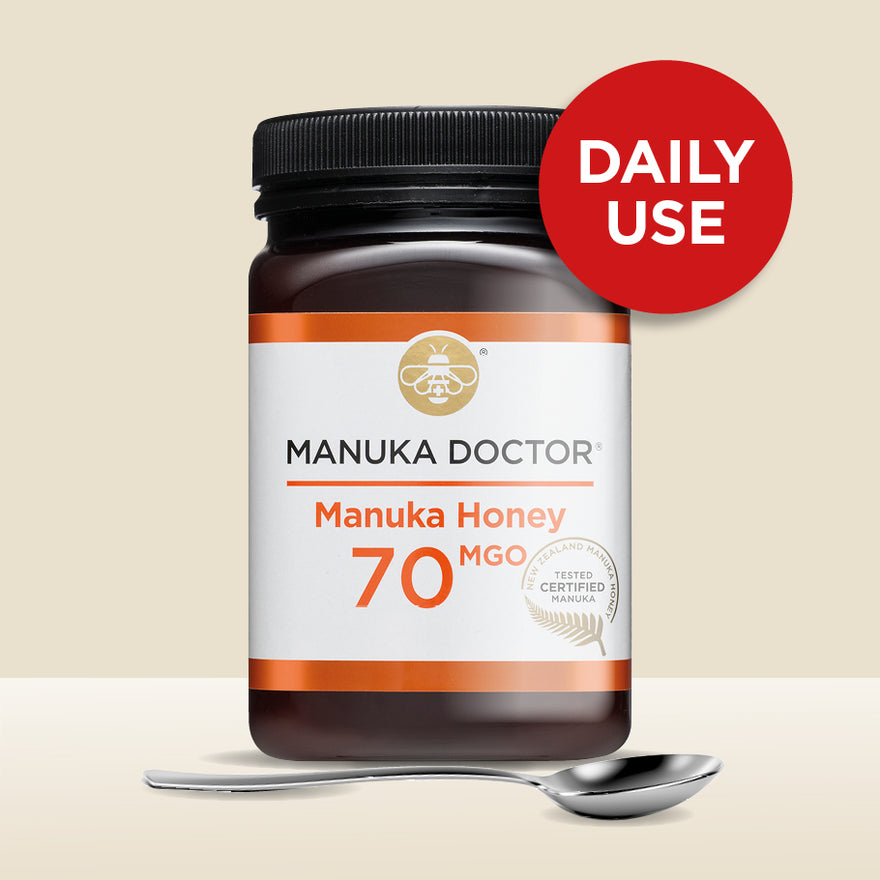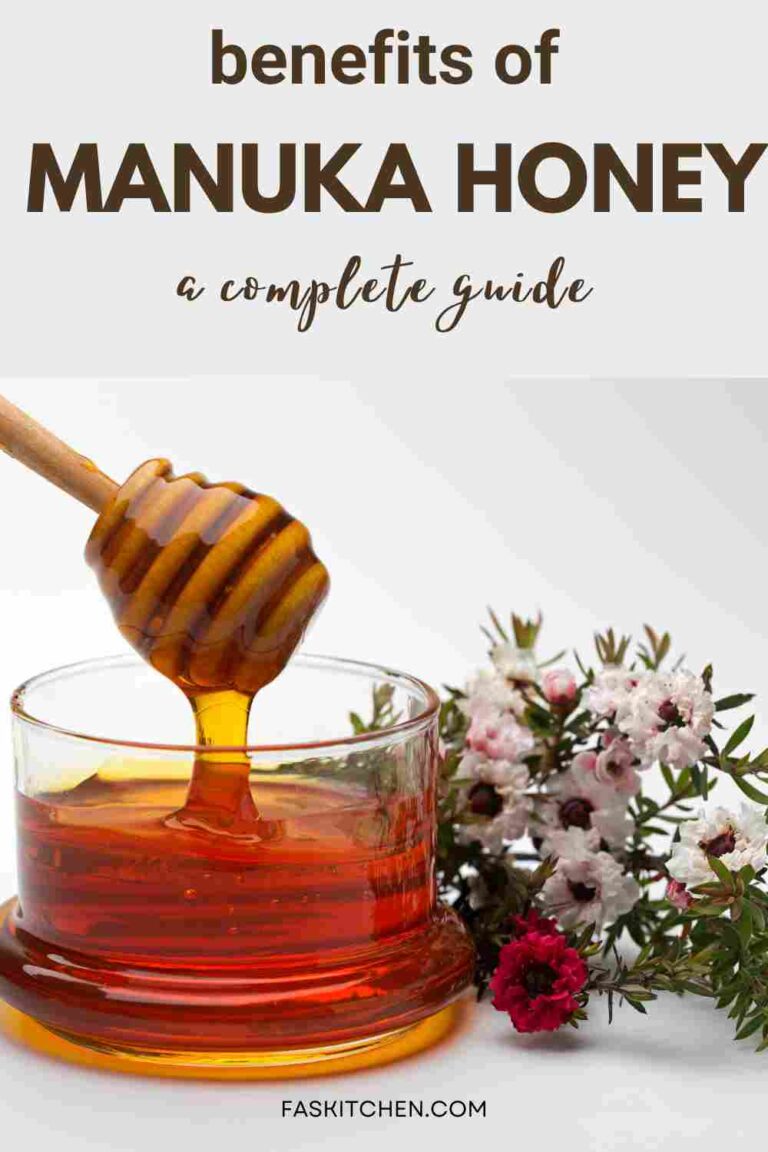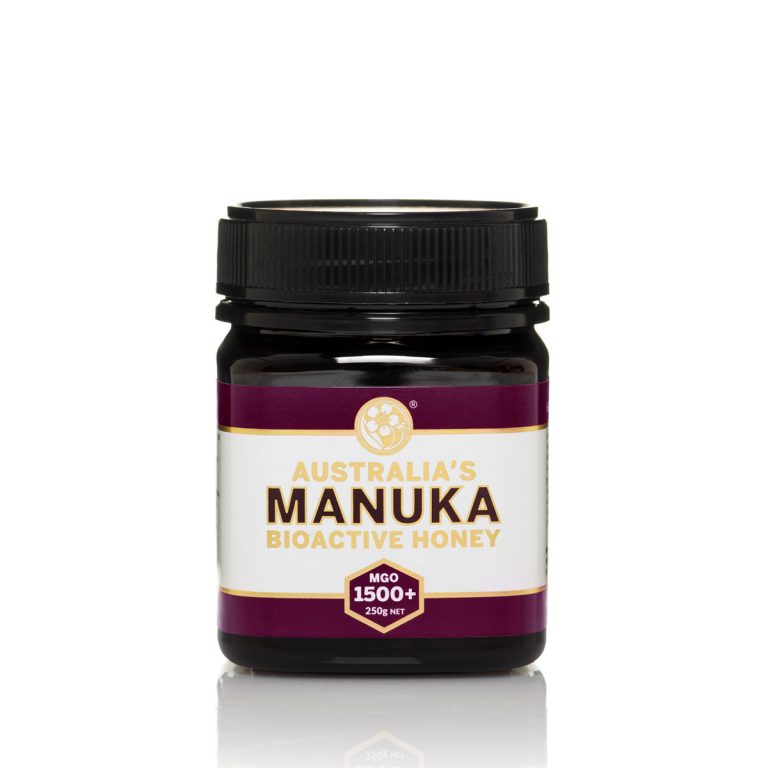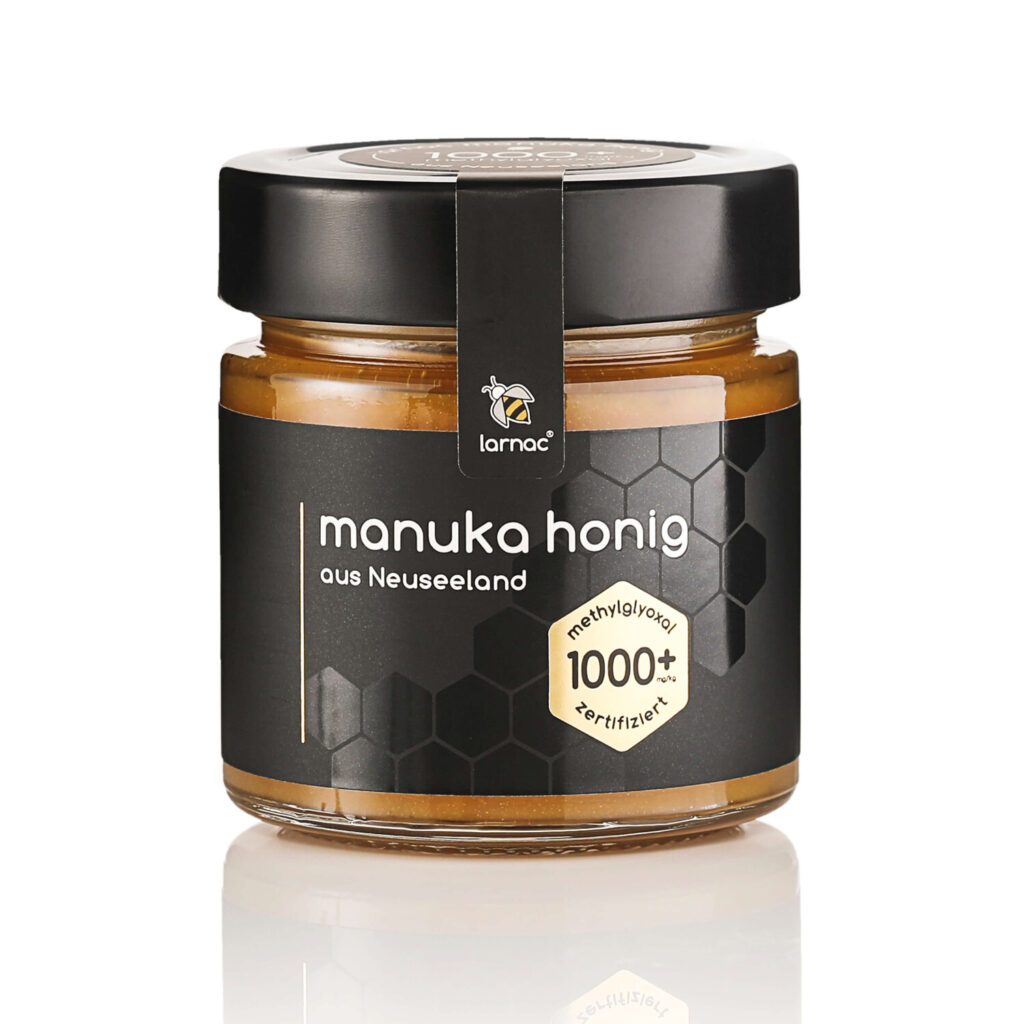How Much Manuka Honey To Take

The golden elixir of New Zealand, Manuka honey, has garnered global acclaim for its purported health benefits. But amidst the hype, a crucial question remains: how much Manuka honey should one actually take to reap its advantages without risking potential side effects? Navigating this complex landscape requires a nuanced understanding of its unique properties, potency grading systems, and the science-backed evidence supporting its use.
This article delves into the optimal dosage of Manuka honey, exploring various perspectives from scientific research, industry guidelines, and expert opinions. We'll dissect the different grading systems, particularly the Unique Manuka Factor (UMF), and examine the contexts in which Manuka honey is typically consumed, from wound healing to digestive health. Ultimately, this guide aims to equip readers with the knowledge to make informed decisions about incorporating Manuka honey into their wellness routines.
Understanding Manuka Honey and Its Active Components
Manuka honey is produced by bees that pollinate the Manuka bush (Leptospermum scoparium), native to New Zealand. What sets it apart from other honeys is its high concentration of methylglyoxal (MGO), the compound primarily responsible for its antibacterial activity. The higher the MGO level, the more potent the honey is considered to be.
Besides MGO, Manuka honey also contains other beneficial components such as dihydroxyacetone (DHA), a precursor to MGO, and leptosperin, a naturally occurring chemical unique to Manuka honey. These compounds contribute to its overall antimicrobial, anti-inflammatory, and antioxidant properties.
Decoding the UMF Grading System
The UMF (Unique Manuka Factor) is a quality trademark that assesses the key signature compounds that ensure Manuka honey is genuine. It tests for MGO, DHA, and leptosperin, providing consumers with a reliable indicator of potency.
A UMF rating of 10+ or higher is generally considered therapeutic grade, indicating a significant level of antibacterial activity. Lower UMF ratings, such as UMF 5+, may still offer some health benefits but are less potent.
Recommended Dosages for Different Uses
The appropriate dosage of Manuka honey varies depending on the intended use. For general well-being, such as boosting immunity or soothing a sore throat, a daily intake of 1-2 tablespoons of UMF 10+ honey is often recommended.
When used for wound healing, Manuka honey can be applied topically directly to the affected area. A sterile dressing should then be applied to protect the wound and keep the honey in place. This process can be repeated daily, or as directed by a healthcare professional.
For digestive issues, some people find relief by consuming a tablespoon of Manuka honey before meals. However, it’s crucial to note that while anecdotal evidence exists, more robust scientific studies are needed to confirm its efficacy in treating specific gastrointestinal conditions.
Scientific Evidence and Dosage Considerations
Research on Manuka honey's effects has shown promising results in several areas. Studies have demonstrated its effectiveness in combating antibiotic-resistant bacteria, promoting wound healing, and potentially alleviating symptoms of certain digestive disorders.
A study published in the Journal of Agricultural and Food Chemistry highlighted the antimicrobial activity of Manuka honey against various pathogens. Another study in the British Journal of Surgery found that Manuka honey significantly reduced healing time in patients with chronic wounds.
Despite these encouraging findings, it's important to remember that optimal dosages can vary depending on individual factors such as age, health condition, and the specific UMF rating of the honey. Consulting with a healthcare professional is always recommended, especially for individuals with underlying medical conditions or allergies.
Potential Side Effects and Precautions
While generally considered safe, Manuka honey can cause side effects in some individuals. People with diabetes should exercise caution due to its high sugar content and closely monitor their blood sugar levels.
Individuals with honey allergies should avoid Manuka honey altogether, as it can trigger allergic reactions. Additionally, due to the risk of botulism, honey is not recommended for infants under one year of age.
Expert Opinions and Guidelines
Nutritionists and healthcare professionals often advise incorporating Manuka honey as part of a balanced diet and healthy lifestyle. However, they emphasize that it should not be considered a replacement for conventional medical treatments.
The Manuka Honey Appellation Society (MHAS) advocates for responsible consumption and highlights the importance of purchasing genuine Manuka honey from reputable sources. They stress that consumers should look for the UMF trademark to ensure authenticity and quality.
The Future of Manuka Honey Research
Ongoing research aims to further explore the full potential of Manuka honey and determine optimal dosages for various health conditions. Scientists are investigating its potential role in treating infections, managing inflammatory conditions, and even preventing certain types of cancer.
Future studies may also focus on developing standardized guidelines for dosage recommendations based on specific UMF ratings and individual patient characteristics. This could lead to more personalized and effective approaches to using Manuka honey for therapeutic purposes.
Conclusion: Balancing Benefits and Precautions
Determining the right amount of Manuka honey to take involves careful consideration of its UMF rating, intended use, and individual health factors. While scientific evidence supports its potential benefits in various areas, it's crucial to approach its consumption with awareness and caution.
By understanding the complexities of Manuka honey and seeking guidance from healthcare professionals, individuals can make informed decisions about incorporating this natural remedy into their wellness routines. As research continues to unveil its multifaceted properties, Manuka honey promises to remain a valuable tool in promoting health and well-being, provided it is used responsibly and in moderation.



